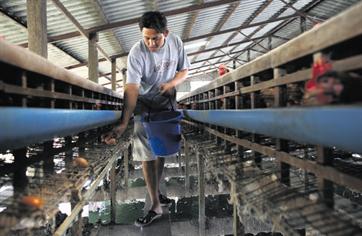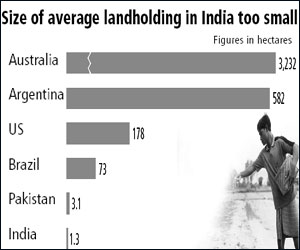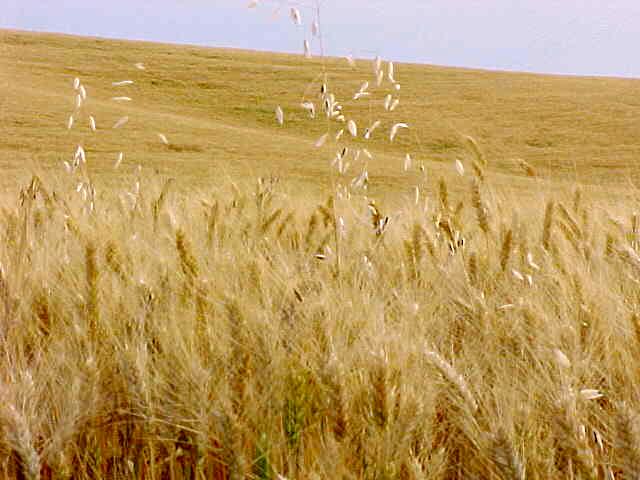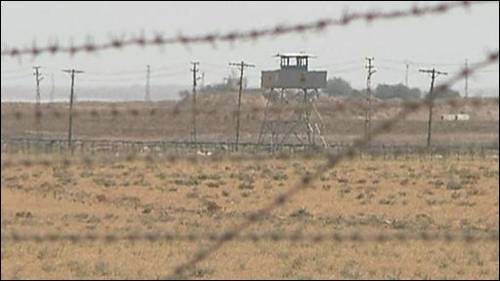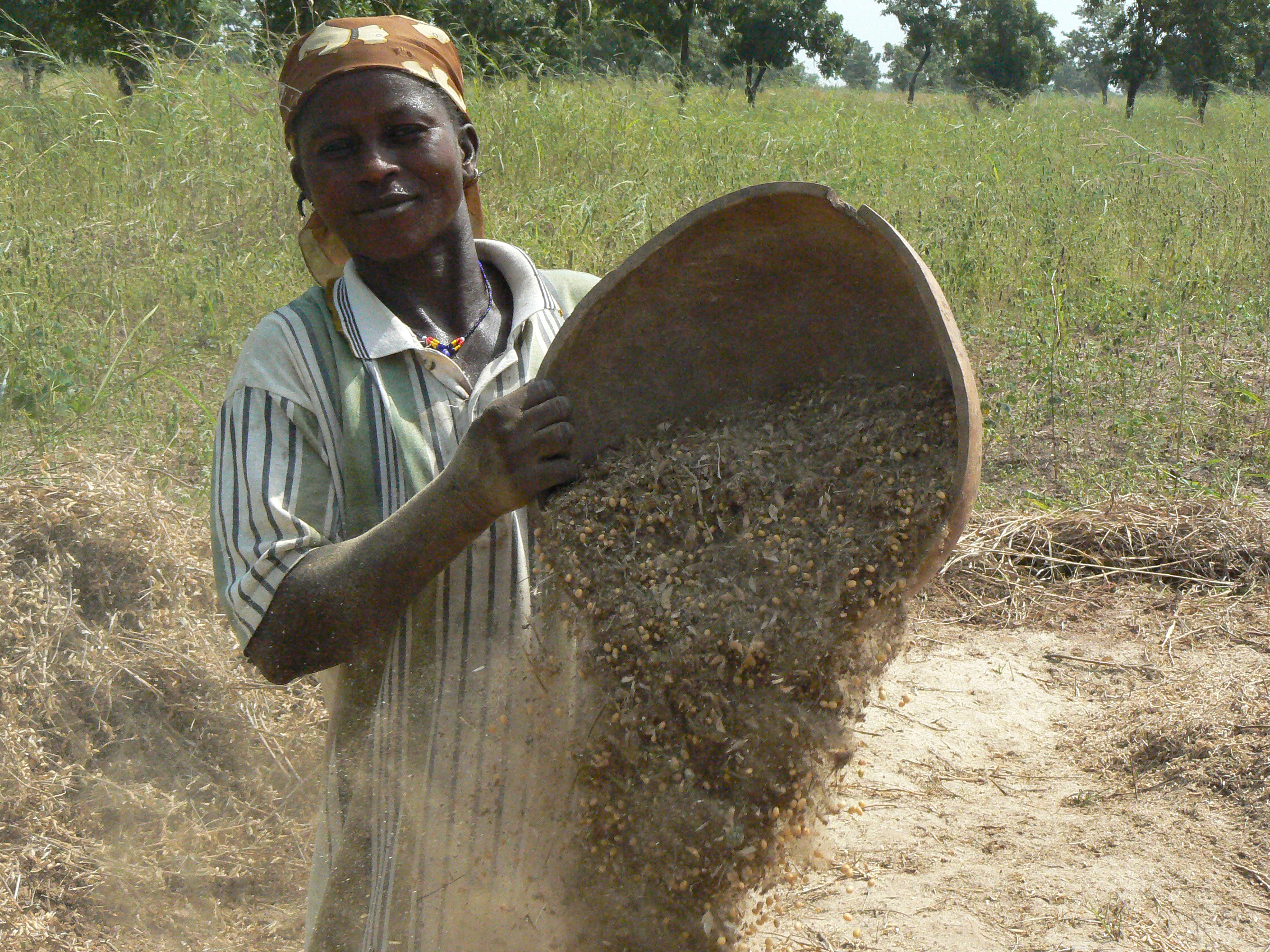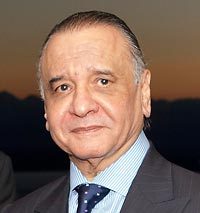Wikileaks: Qatari officials discuss currency, sovereign wealth funds, investment, and Iran with Secretary Paulson
- Wikileaks
- 04 June 2009
"Finance Minister Yousef Hussein Kamal said he had personally been traveling to Vietnam, Cambodia, Yemen, Sudan, Tajikistan, and elsewhere to look into investing in agricultural production for the Qatari market," reports the US Embassy in Doha about a visit from US Treasury Secretary Henry Paulson






